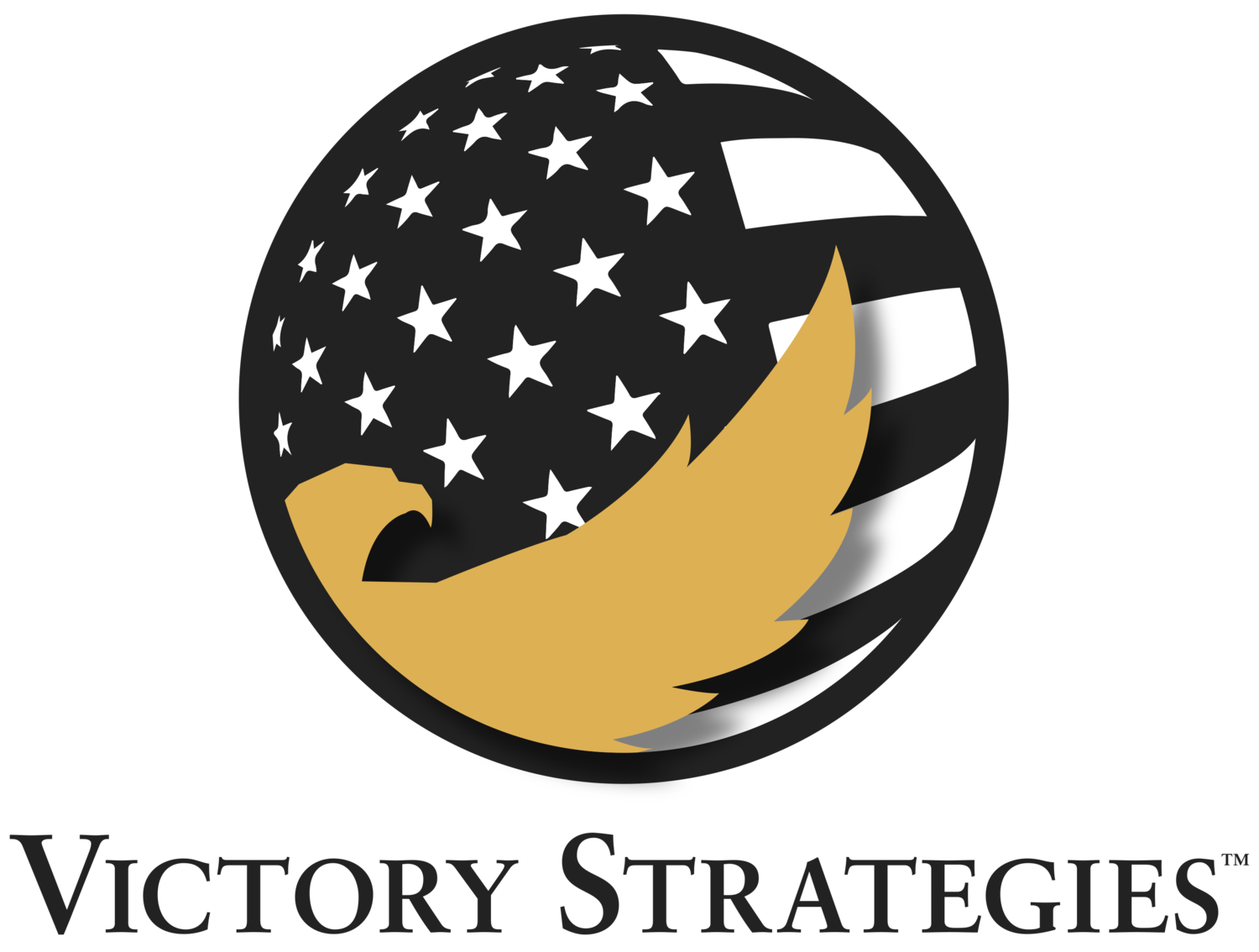The question came at me unexpectedly. I was in a pre-command course learning the roles and responsibilities the U.S. Air Force expects of its squadron commanders. “What is your leadership philosophy and expectations of your unit?” This question requires some deep personal thought and reflection. I had given this issue little deliberate thought up until that point.
After several command opportunities at different levels, I found a written leadership philosophy aligned with team expectations are a necessary part of a successful leadership tenure. A leadership philosophy is important for the following reasons. First, the philosophy is personal. It allows your team or organization to get to know you on a more personal level and provides your team with insight into how and what you think as their leader. Second, writing down your philosophy, allows you to directly communicate how you will lead outlining what is important and valued. Third, your philosophy offers a cornerstone for organization expectations, a reference to mentor your team, and an ability to inspire their leadership thinking. Lastly, it provides guidance allowing your team to make decisions and correct choices aligned with your intent freeing them up to take action at all organizational levels.
What does a leadership philosophy look like? Stating your philosophy is personal for everyone. There is no right or wrong answer.
Here are a few recommendations; define the mission of the team, organization, or department by focusing on what your team does and for whom. The mission may already be defined at a higher level, however, work to interpret and communicate specifically, how your team helps support the overall collective goal. Define the vision for the organization. Write down your team’s vision about where you are going and more importantly why. Define the team’s values. This is the guidance system for team conduct and behavior.
Another part of your leadership philosophy is setting expectations. This concept is a two-way street. It applies to both you as the leader and your team members. It can be as simple as, “I expect every team member to provide their best effort and work to support team goals.” You should also outline what the team can expect of you. This may be “I will provide clear guidance, honest feedback, and a safe work environment.” These are some basic examples to get you started thinking about your personal leadership philosophy leading to a direct impact on your team.
A final section of your leadership philosophy is communicating do’s and don’ts. Some topics for do’s include: completing tasks with integrity, look for and share ways to make things more efficient, and admitting when you make a mistake. Items you don’t like could include a host of topics like integrity failures, complacency, or disrespecting coworkers.
Leading people is a dynamic endeavor requiring deliberate focus, attention, and reflection. Part of this focus should be developing and writing down your leadership philosophy and team expectations. Put aside some time on your calendar and take deliberate time to focus on these leadership concepts. You will be amazed at the impact this exercise will have on you, your team, and your team’s mission.
Authored By: Thomas Dorl, Managing Director

